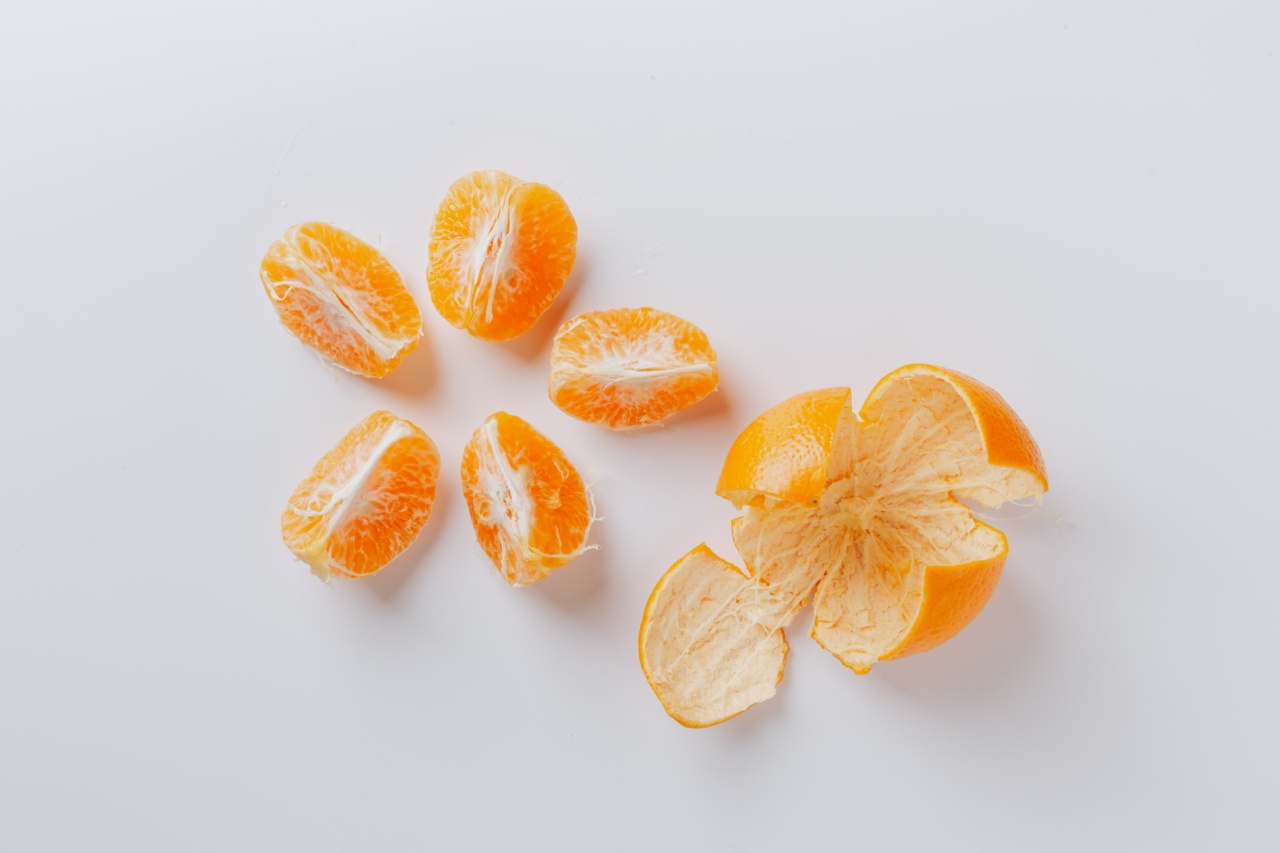Summertime is all about sunny days, long vacations, ice cream, and beach trips.
But have you ever wondered what happens to our skin in summer? The hot and humid weather can affect our skin in various ways, leading to sunburn, dryness, and even skin cancer. In this article, we will discover how the sun and humidity impact our skin, and what we can do to protect our skin in summertime.
How does the sun affect our skin in summertime?
The sun emits ultraviolet (UV) radiation, which can penetrate the skin and damage the DNA in skin cells. When our skin is exposed to UV radiation, it triggers the production of melanin, a pigment that gives our skin a tan.
However, excessive sun exposure can lead to sunburn, premature aging, and even skin cancer.
What are the different types of UV rays?
There are three types of UV rays – UVA, UVB, and UVC. UVA rays penetrate deep into the skin and can contribute to premature aging and skin cancer. UVB rays are responsible for sunburn and play a key role in the development of skin cancer.
UVC rays are the most dangerous, but they are typically absorbed by the ozone layer and do not reach the earth’s surface.
How can we protect our skin from the sun?
To protect our skin from the sun, we can follow these tips:.
- Avoid going out in the sun between 10 a.m. and 4 p.m. when the sun’s rays are the strongest.
- Wear protective clothing, such as hats, long-sleeved shirts, and pants.
- Wear sunglasses to protect your eyes from UV rays.
- Apply sunscreen with at least SPF 30 at least 20 minutes before going out in the sun, and reapply every two hours or after swimming or sweating.
How does humidity affect our skin in summertime?
Humidity refers to the amount of moisture in the air, and it can affect our skin in various ways in summertime. High humidity can cause our skin to sweat excessively, leading to clogged pores and acne breakouts.
On the other hand, low humidity can cause our skin to become dry and itchy.
What are some tips for protecting our skin in humid weather?
Here are some tips for protecting our skin in humid weather:.
- Wash your face twice a day with a gentle cleanser to remove excess oil and dirt.
- Avoid using heavy makeup that can clog pores.
- Use a lightweight, oil-free moisturizer to keep your skin hydrated without adding extra oil.
- Drink plenty of water to stay hydrated from the inside out.
What are some common skin problems in summertime?
Here are some common skin problems that occur in summertime:.
- Sunburn – red, painful skin caused by overexposure to UV radiation.
- Heat rash – small, itchy bumps on the skin caused by sweating and heat.
- Fungal infections – such as athlete’s foot and ringworm, which thrive in warm, humid environments.
- Acne breakouts – caused by excess oil production and clogged pores.
How can we treat common skin problems in summertime?
Here are some tips for treating common skin problems in summertime:.
- For sunburn, apply aloe vera gel or a cool compress to soothe the skin. Avoid popping blisters and peeling the skin.
- For heat rash, keep the affected area cool and dry, and avoid sweating by staying in air-conditioned environments.
- For fungal infections, use over-the-counter antifungal creams or powders, and keep the affected area dry and clean.
- For acne breakouts, use a gentle cleanser and oil-free moisturizer, and avoid touching your face.
What are some signs of skin cancer?
Skin cancer can be deadly if left untreated, so it’s important to know the signs and symptoms. Here are some common signs of skin cancer:.
- A new mole, freckle, or skin growth that is changing in size, shape, or color.
- Asymmetrical moles that are not round or oval-shaped.
- Moles with irregular or poorly defined borders.
- Moles or skin growths that are larger than ¼ inch in diameter.
- Moles or skin growths that itch, bleed, or ooze.
How can we prevent skin cancer?
The best way to prevent skin cancer is to protect our skin from UV radiation. Here are some tips:.
- Avoid tanning beds, which emit UV radiation.
- Perform regular skin checks to detect any suspicious moles or skin growths.
- Wear protective clothing and sunscreen when going out in the sun.
- Stay in the shade when possible.
Conclusion
In summertime, our skin is exposed to various elements that can affect its health and appearance. The sun’s UV radiation can cause sunburn, premature aging, and skin cancer, while humidity can cause acne breakouts and dryness.
By following these tips for protecting and treating our skin, we can enjoy a safe and healthy summer.


























